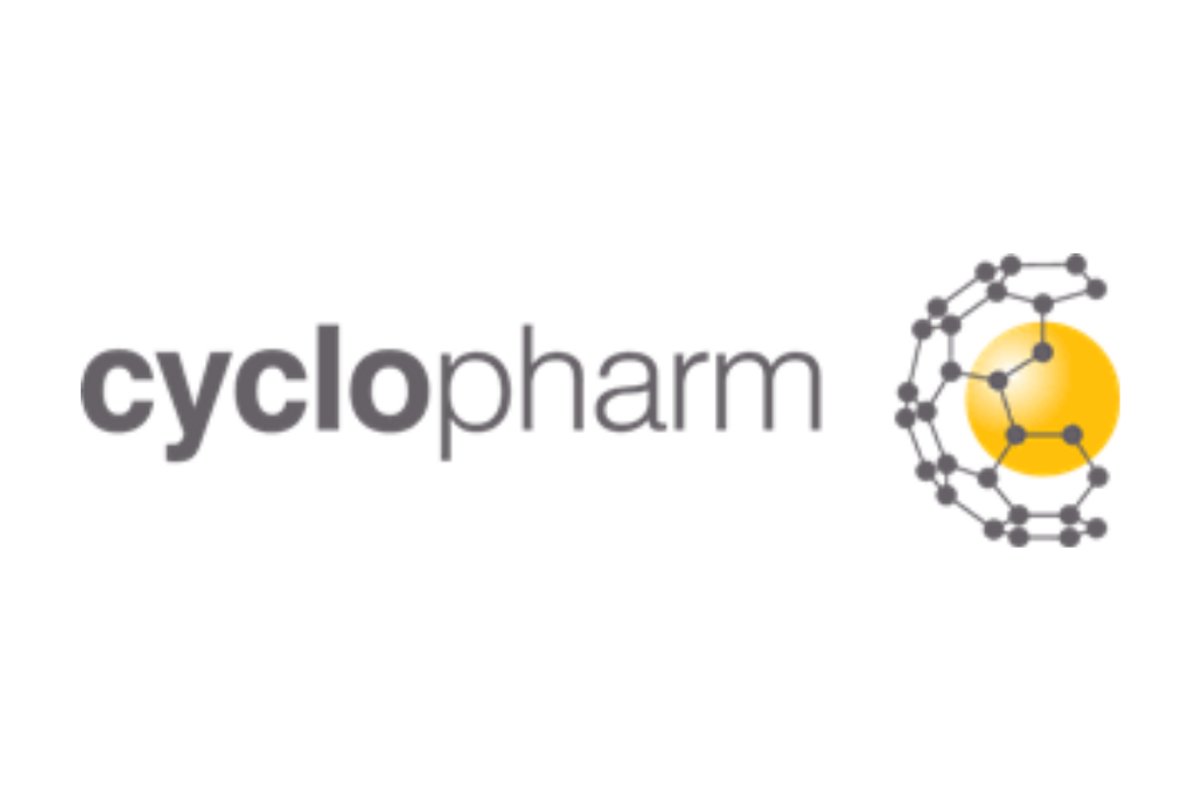Medtronic plc (NYSE:MDT), the global leader in medical technology, today announced that the primary results of the Medtronic-sponsored STOP AF First clinical trial have been published in the New England Journal of Medicine (NEJM) . Results from the trial reveal cryoablation with the Arctic Front™ Advance Cardiac Cryoballoon and Freezor™ MAX Cardiac Cryoablation Catheter is superior as a first-line treatment for preventing atrial arrhythmia recurrence compared to use of antiarrhythmic drug (AAD) therapy in patients with symptomatic paroxysmal atrial fibrillation (PAF). Similar findings were reported from the Medtronic-sponsored Cryo-FIRST trial and the investigator-initiated EARLY AF study presented at the American Heart Association Scientific Sessions 2020. Cryoablation uses cold energy delivered through an inflatable balloon to create scar tissue to interrupt unwanted electrical pathways in the heart.
Drug therapy is currently the standard first-line treatment for patients with atrial fibrillation (AF); however, AF recurs in approximately half of patients treated with AADs within a year of initial treatment. AAD usage frequently causes side effects that can lead many patients to discontinue treatment. 1 Without early intervention, AF can progress, becoming more sustained over time. Progression of AF is associated with a higher rate of cardiovascular admissions, 2 heart failure hospitalization, 3 and mortality, 4 along with a reduced quality of life. 5 Atrial fibrillation (AF) is a progressive condition that affects more than 37 million people worldwide. 6 Medtronic cryoablation therapies are currently indicated only to treat patients with drug-refractory recurrent, symptomatic persistent or paroxysmal AF.
"The clinical results of STOP AF First demonstrate the superiority of Medtronic cryoablation as a first-line treatment for AF patients, before the disease progresses," said Dr. Oussama Wazni, principal investigator for the STOP AF First trial and section head of electrophysiology at the Cleveland Clinic.
STOP AF First demonstrated that Medtronic cryoablation was superior in maintaining freedom from AF, atrial tachycardia and atrial flutter, with 75% of patients in the catheter ablation group versus 45% in the AAD group (P NEJM also published quality of life findings that demonstrated a significant improvement (p
The STOP AF First trial is a Food and Drug Administration (FDA)-regulated, prospective, multi-center, randomized study. It is designed to evaluate the safety and effectiveness of the Medtronic cryoablation system to treat recurrent symptomatic PAF in patients who had not previously received AADs for their atrial fibrillation. The trial enrolled 225 patients at 24 sites in the United States . A total of 203 patients randomized to cryoablation (104 in treatment arm) or AAD therapy (99 in control arm) received treatment and were followed for 12 months.
Results of EARLY-AF Study Published in the New England Journal of Medicine and Presented at AHA 2020
Presented as a late-breaking clinical trial at the American Heart Association Scientific Sessions 2020 with a simultaneous publication in the New England Journal of Medicine , the findings from the EARLY AF study also demonstrated the superiority of Arctic Front Cryoballoon ablation compared with AAD treatment for preventing atrial arrhythmia recurrence in treatment-naive patients with PAF.
A total of 303 patients with symptomatic AF who had not yet received treatment were randomized to first-line AAD therapy (149 in treatment arm), or first-line cryoballoon-based pulmonary vein isolation (154 in treatment arm). All patients underwent implantation of the Medtronic Reveal LINQ insertable cardiac monitor for the purpose of continuous arrhythmia monitoring. The primary outcome was measured by the amount of time, after treatment, that it took for patients to experience a recurrence of AF, atrial flutter or atrial tachycardia.
Results from this multicenter investigator-initiated trial found that Medtronic cryoablation was superior in maintaining freedom from AF, atrial tachycardia and atrial flutter, with 57.1% of patients in the catheter ablation group versus 32.2% in the AAD group (absolute difference in recurrence of 24.9%; P Jason Andrade , director of electrophysiology and associate professor at University of British Columbia .
"These randomized trials provide evidence supporting cryoablation as an initial rhythm control strategy for patients with atrial fibrillation," said Dr. Christopher Granger , professor of medicine, Duke University . "This is an important advance for our patients."
Cryo-FIRST: Initial Results Presented at AHA 2020
At the American Heart Association Scientific Sessions 2020, results from the Cryo-FIRST trial were presented, demonstrating that patients with paroxysmal atrial fibrillation who received first-line treatment with Medtronic cryoablation experienced fewer recurrences of symptoms, compared to AAD.
Cryo-FIRST is a randomized, multicenter trial that enrolled 220 patients at 18 sites in nine countries across Europe , Australia and Latin America . Similar to STOP AF First, this trial found that Medtronic cryoablation is superior to AAD therapy for the prevention of atrial arrhythmia recurrence in PAF patients who have not previously been treated with drug therapy.
The Arctic Front Advance Cryoablation System is approved in Europe for the treatment of AF. The United States FDA recently expanded the indication for Medtronic cryoablation therapy to include treating patients with drug-refractory recurrent, symptomatic persistent atrial fibrillation (episode duration less than six months), in addition to patients with drug-refractory, recurrent, symptomatic paroxysmal AF. Results of the STOP AF First trial have not been reviewed by the FDA.
"The results of these three trials show that Medtronic cryoablation is a viable and even preferable option for patients with paroxysmal atrial fibrillation even prior to initiation of antiarrhythmic drug therapy," said Rob Kowal , M.D., Ph.D., chief medical officer of Cardiac Ablation Solutions at Medtronic. "It's wonderful for Medtronic cryoablation to attain this level of consistent validation from multiple studies, and the new evidence ultimately will be beneficial for patients and the physicians who treat them."
In collaboration with leading clinicians, researchers and scientists worldwide, Medtronic offers the broadest range of innovative medical technology for the interventional and surgical treatment of cardiovascular disease and cardiac arrhythmias. The company strives to offer products and services of the highest quality that deliver clinical and economic value to healthcare consumers and providers around the world.
About Medtronic
Medtronic plc ( www.medtronic.com ), headquartered in Dublin, Ireland , is among the world's largest medical technology, services and solutions companies – alleviating pain, restoring health and extending life for millions of people around the world. Medtronic employs more than 90,000 people worldwide, serving physicians, hospitals and patients in more than 150 countries. The company is focused on collaborating with stakeholders around the world to take healthcare Further, Together.
Any forward-looking statements are subject to risks and uncertainties such as those described in Medtronic's periodic reports on file with the Securities and Exchange Commission. Actual results may differ materially from anticipated results.
1 Valembois L et al. Antiarrhythmics for maintaining sinus rhythm after cardioversion of atrial fibrillation. Cochrane Database of Systematic Reviews 2019, Issue 9. Art. No.: CD005049. DOI: 10.1002/14651858.CD005049.pub5.
2 de Vos CB et al. rogression from paroxysmal to persistent atrial fibrillation clinical correlates and prognosis. J Am Coll Cardiol . 2010;55(8):725-731.
3 Wong JA et al. Progression of Device-Detected Subclinical Atrial Fibrillation and the Risk of Heart Failure. J Am Coll Cardiol . 2018;71(23):2603-2611.
4 Piccini JP et al. Atrial fibrillation burden, progression, and the risk of death: a case-crossover analysis in patients with cardiac implantable electronic devices. Europace . 2019;21(3):404-413.
5 Dudink E et al. The influence of progression of atrial fibrillation on quality of life: a report from the Euro Heart Survey, EP Europace , Volume 20, Issue 6, June 2018 , Pages 929–934.
6 Chugh SS, et al. Circulation . 2014;129:837-847. https://pubmed.ncbi.nlm.nih.gov/31955707//
| Contacts: | |
| Lauren Mueller | Ryan Weispfenning |
| Public Relations | Investor Relations |
| +1-763-285-9053 | +1-763-505-4626 |
![]() View original content to download multimedia: https://www.prnewswire.com/news-releases/the-new-england-journal-of-medicine-medtronic-cryoablation-is-a-superior-treatment-option-for-symptomatic-paroxysmal-atrial-fibrillation-compared-to-drug-therapy-301173359.html
View original content to download multimedia: https://www.prnewswire.com/news-releases/the-new-england-journal-of-medicine-medtronic-cryoablation-is-a-superior-treatment-option-for-symptomatic-paroxysmal-atrial-fibrillation-compared-to-drug-therapy-301173359.html
SOURCE Medtronic plc







